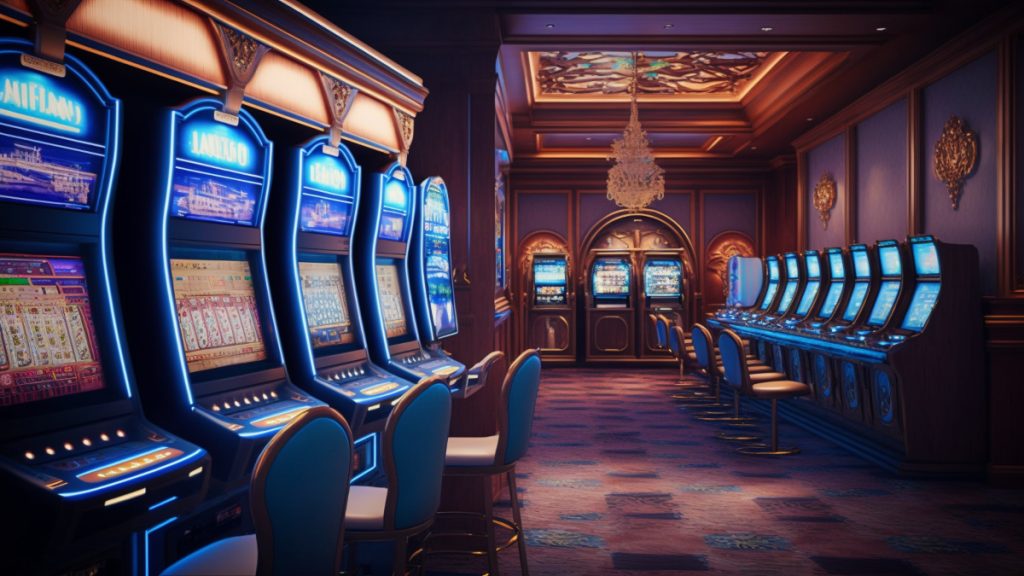The role of luck in hitting a slot jackpot is both fundamental and fascinating, as it highlights the pure chance that underpins all casino games. Slot machines are entirely games of chance, designed with random number generators (RNGs) to ensure that every spin is independent of the previous one. The RNG continuously cycles through thousands of number combinations each second, even when no one is playing the machine. When a player presses the spin button, the RNG stops at a random combination, determining the outcome of that particular spin. This process means that the player has no control over the outcome, and there is no skill or strategy involved. It is purely luck whether a winning combination of symbols lines up or not. Because of this randomness, it is impossible to predict when or if a jackpot will be hit. Many slot players fall into the misconception that a machine might be “due” for a payout if it has not paid out in a while, but this is simply not true. Each spin is independent of the others, and the machine does not have a memory of previous outcomes. The belief that a jackpot is more likely after a series of losses is a common gambler’s fallacy. However, every player at any moment has the same odds of winning the jackpot as the person before or after them, and it is entirely up to luck whether they will land that life-changing win.

Despite the role of luck, some factors can affect a player’s experience and the potential size of a jackpot. Slot machines have what is called a return-to-player (RTP) percentage, which is the amount of money a machine is programmed to pay back to players over time. For example, a judi slot machine with an RTP of 95% will, on average, return $95 for every $100 wagered. However, this is spread out over thousands of spins, meaning that short-term outcomes are highly variable. A player could hit a jackpot on their first spin or go for hundreds of spins without seeing a significant win. The volatility or variance of a slot machine also plays a role in determining how often payouts occur.
High-volatility machines may offer larger jackpots but less frequent wins, while low-volatility machines pay out smaller amounts more often. However, luck is still the determining factor in when a jackpot might be hit. In essence, luck is the core element that defines the slot experience. While the size of the bet, the type of machine, and other technical aspects may influence the odds of a payout, it is the random chance generated by the RNG that ultimately decides if a player will hit a jackpot. This unpredictability is what makes slot games so exciting and appealing to many, as anyone can potentially win big at any time, purely by chance.
